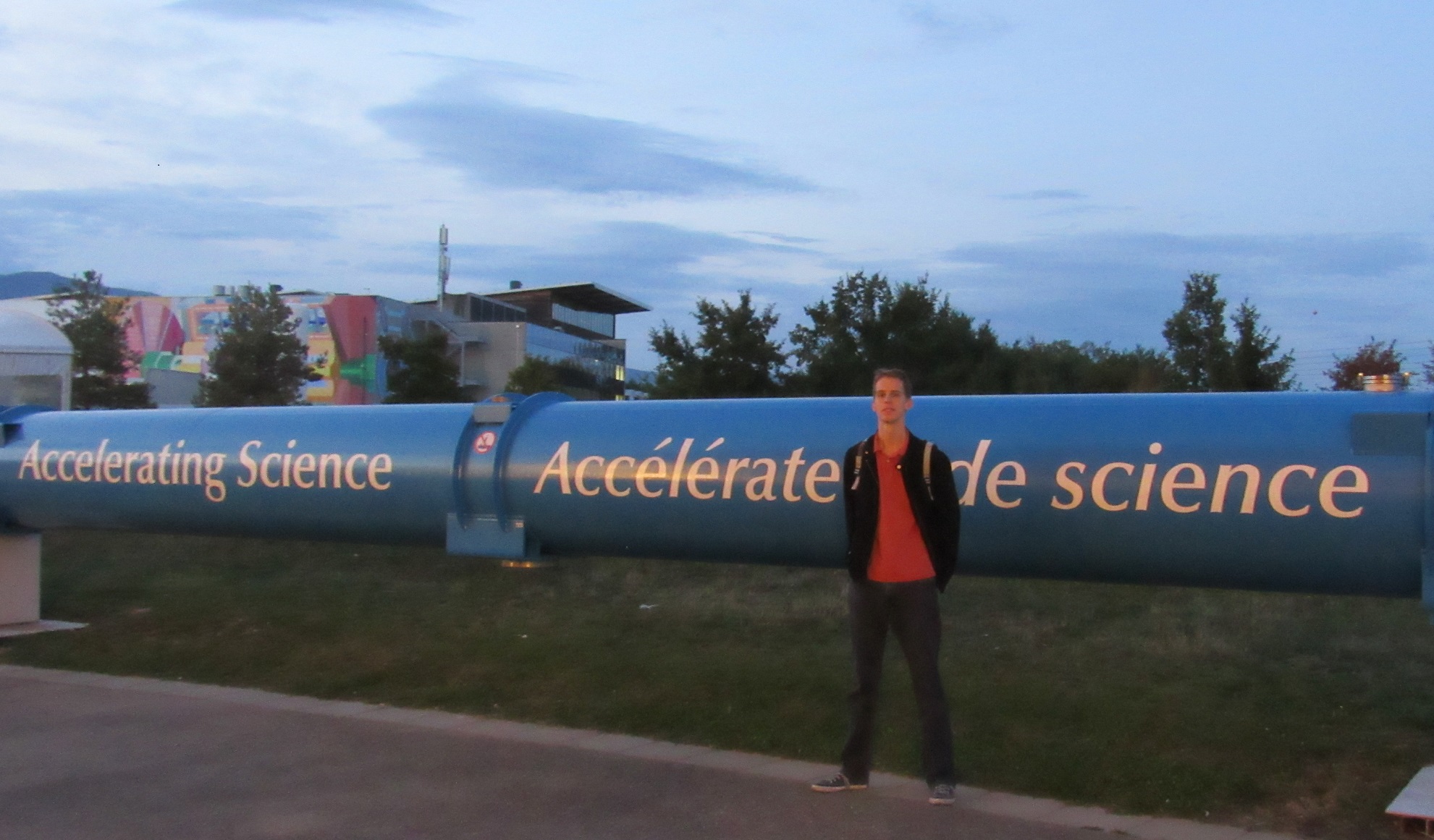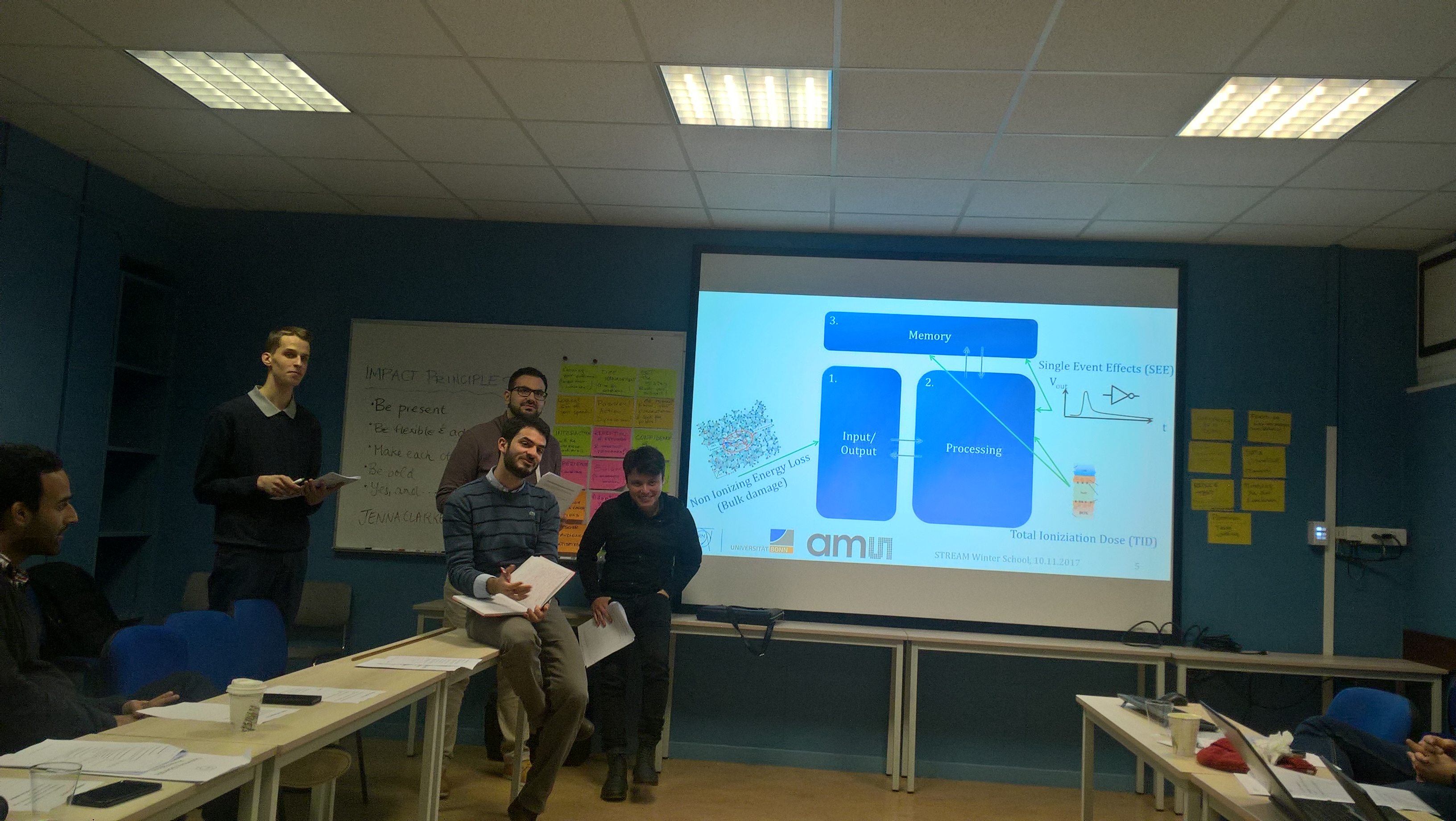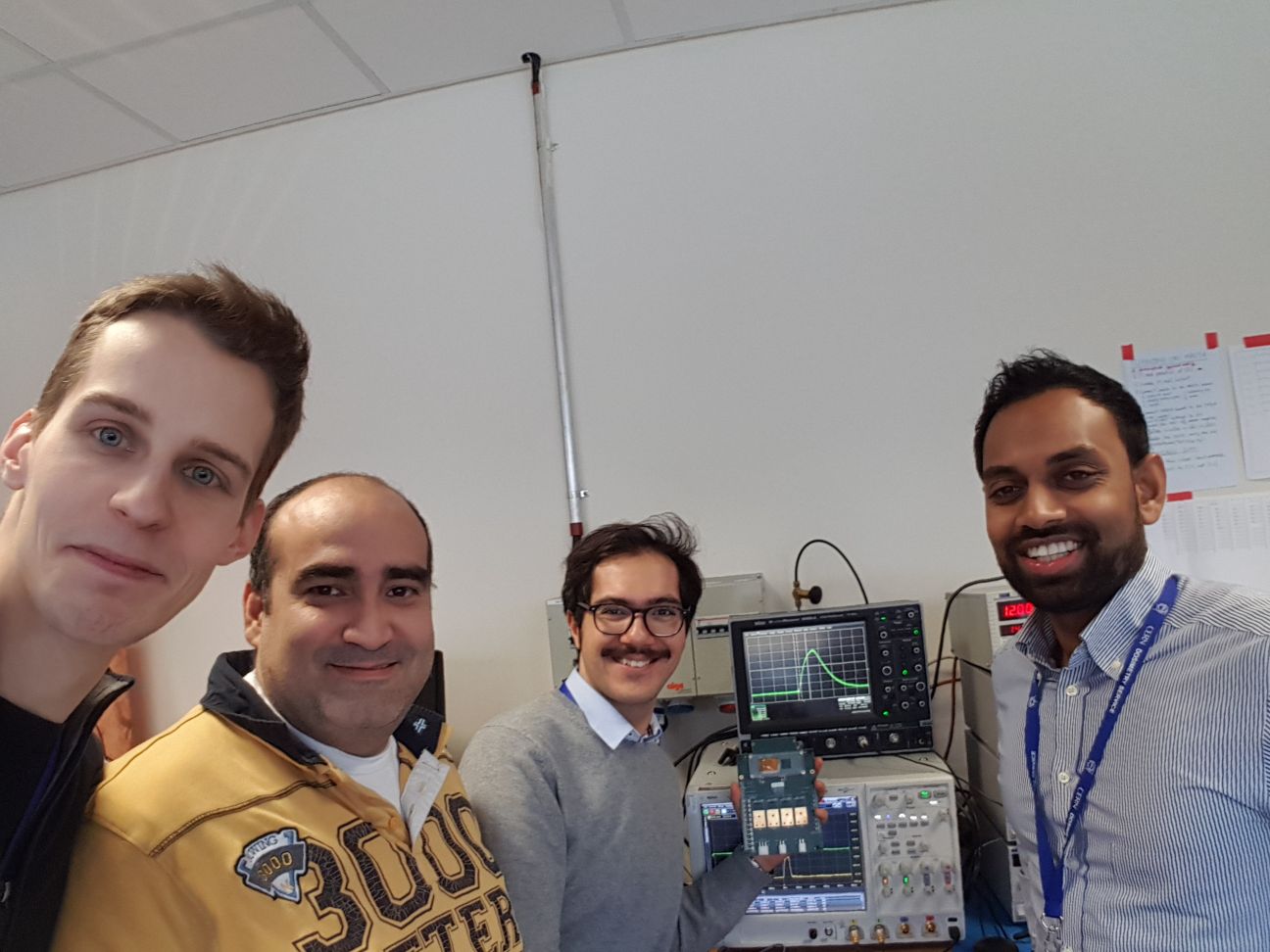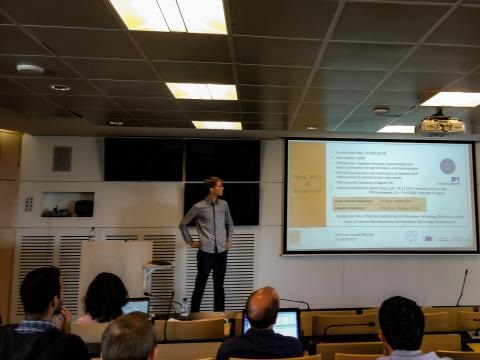
- Particle physics
- Semiconductor detectors
- Design of analogue and mixed-signal integrated circuits
- Device physics, physics in general, math
- Measurements on electrical equipment




When my father introduced me to Archimedes' law at the age of 5, it instantly sparked an interest in physics and science which has remained ever since. For that reason, when I finished high school in my small Croatian home town, I embarked on a journey to the capital to study electrical engineering.
During the five years spent there, my main focus was on microelectronics and electronic devices as well as the design of analogue and digital integrated circuits. While I was writing my thesis on avalanche photodiodes, I came across a job opening for an EU project called STREAM. I found the topic of the project very interesting and I immediately decided to apply. Having finished the thesis, after few interviews I found myself working at CERN as an electronics designer for the ATLAS experiment.
When I'm not designing circuits, you will probably find me playing table tennis near the CERN Restaurant 1 or at home watching one of the latest film releases on my TV.
The particle physics experiments at CERN use silicon pixel detectors for the detection of subatomic particles. As a member of the ATLAS design group, my role is to participate in the design and characterisation of a novel pixel detector for the upgrade of the ATLAS experiment.
The first part of the research project focuses on the design and device simulations of CMOS sensors with an emphasis on radiation hard, low power integrated circuit design in the selected image sensor processes. This consists of various designs included in a full-scale monolithic pixel detector prototype for ATLAS, such as the sensor cell, the analogue amplification stage and the digital readout architecture.
The second part of the research focuses on the testing of the designed prototype structures. Radiation tests and qualification of the circuits in irradiation campaigns, lab measurements and testbeams will give feedback to the design efforts. Following this, the existing designs will be further improved and included in a full ATLAS-ready pixel detector chip.
Secondments
|
Host Institution and Secondment Topic |
Expected secondment period |
|
UBonn (DE), Detector design and testing activities |
3 weeks in September 2018 |
|
University of Zagreb (Croatia), PhD courses |
4 weeks in February 2019 |
<p><span lang="EN-US"><font size="3">My research aims to prove that monolithic pixel detectors can be used even in the most demanding environments, such as the ATLAS experiment, potentially giving rise to other new applications for these devices used in similar environments.</font></span></p>
<p><span lang="EN-US"><font size="3">I find this topic truly fascinating and it corresponds perfectly with my desire to continue my studies with a PhD on an interesting and challenging topic. Working as an Early Stage Researcher in STREAM ITN has given me the unique opportunity to expand my knowledge of electronics and electrical circuits as well as acquire knowledge in some completely new areas, such as particle physics and accelerators.</font></span></p>
<p><span lang="EN-US"><font size="3">I very much enjoy working in an international research group with people from all around the world and I think this is a great environment to become an expert in my chosen field.</font></span></p>
